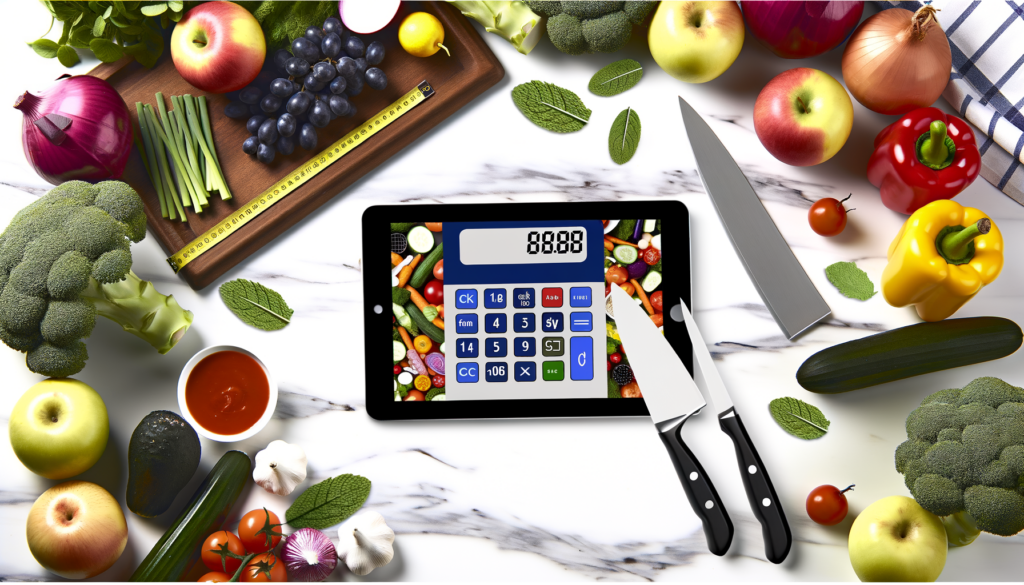Understanding the Caloric Demands of Martial Arts Training
When it comes to martial arts, the nutritional needs of practitioners can vary significantly depending on the specific style, intensity, and duration of the training. Here, we will delve into the calorie needs for different types of martial arts, from Karate to Brazilian Jiu-Jitsu (BJJ), and explore the key nutritional components that support optimal performance.
Caloric Expenditure in Martial Arts
Martial arts training is a rigorous physical activity that combines elements of cardiovascular exercise, strength training, and flexibility. The caloric expenditure during these sessions can be substantial. For instance, a study published in the “Journal of Exercise Physiology” found that Taekwondo athletes can burn between 600 to 900 calories per hour, depending on the intensity of the training.
Similarly, karate training can result in a significant caloric burn. A study by the American Council on Exercise (ACE) indicated that a 155-pound person could burn approximately 563 calories per hour of karate training.
Brazilian Jiu-Jitsu, known for its grappling techniques and ground fighting, also demands a high caloric expenditure. A study published in the “Journal of Strength and Conditioning Research” reported that participants burned an average of 730 calories per hour during a BJJ training session.
Style-Specific Nutritional Needs
### Karate
Karate, a high-intensity martial art, requires a balanced diet that includes a mix of proteins, carbohydrates, and healthy fats. Here are some key nutritional considerations:
– **Protein Intake**: Karate practitioners need to consume adequate protein to support muscle repair and growth. The recommended intake is around 2 grams of protein per kilogram of body weight per day. Foods high in protein such as chicken, beef, fish, and dairy products are essential.
– **Carbohydrate Timing**: Carbohydrates are crucial for energy. It is advisable to save carb-heavy meals for after exercise, as the body is better able to process carbohydrates in the 3-hour period following intense exercise. Include complex carbohydrates like rice, pasta, and potatoes in your post-workout meals.
– **Healthy Fats**: Incorporate a balance of healthy fats, including saturated, monounsaturated, and polyunsaturated fats, to support metabolism and overall health. Sources include mixed nuts, olives, olive oil, and even some butter or coconut oil for cooking.
### Brazilian Jiu-Jitsu (BJJ)
BJJ is a physically demanding martial art that requires a diet tailored to its unique demands:
– **Caloric Needs**: BJJ practitioners need a higher caloric intake due to the intense nature of the training. The caloric needs can approach 40–70 kcal/kg/day, depending on the intensity and frequency of training.
– **Macronutrient Balance**: Ensure your diet includes a balanced mix of carbohydrates, proteins, and fats. Carbohydrates should be the primary source of energy, with an intake of 4–5 g/kg to 8–10 g/kg of body mass per day. Proteins should be around 1.2–2 g/kg of body mass per day to support muscle synthesis and recovery.
– **Hydration**: Adequate hydration is crucial for BJJ practitioners. Include water and other hydrating beverages in your meal plan to ensure optimal performance and recovery.
### Taekwondo
Taekwondo, known for its high-energy kicks and rapid movements, requires a diet that supports both endurance and strength:
– **Energy Intake**: Taekwondo athletes need a high energy intake to support their training. Carbohydrates are essential, with a recommended intake of 4–5 g/kg to 8–10 g/kg of body mass per day. Consuming carbohydrates 3 hours before training can improve endurance and increase muscle and liver glycogen.
– **Protein and Fat**: Include a balanced mix of proteins and healthy fats in your diet. Proteins help in muscle repair and growth, while healthy fats support metabolism and overall health.
– **Meal Timing**: Proper timing of meals is critical. Ensure you eat a balanced meal with carbohydrates, proteins, and fats a few hours before training, and save carb-heavy meals for post-workout to aid in recovery.
General Nutritional Principles for Martial Arts
Regardless of the specific martial art, there are several general nutritional principles that apply across the board:
– **Eat Frequently**: Eating smaller meals every few hours can help maintain energy levels and reduce the body’s inclination to store calories as fat. This approach is particularly beneficial for martial arts practitioners who need consistent energy throughout their training sessions.
– **Hydrate Adequately**: Proper hydration is essential for performance and recovery. Include water and other hydrating beverages in your meal plan.
– **Balance Macronutrients**: Ensure your diet includes a balanced mix of carbohydrates, proteins, and healthy fats. Carbohydrates provide energy, proteins support muscle repair and growth, and healthy fats aid in metabolism and overall health.
Creating a Meal Plan for Martial Arts Training
Creating a meal plan for martial arts training involves several steps:
– **Determine Daily Caloric Needs**: Calculate your daily caloric needs based on your age, sex, weight, and training intensity. For combat sports, this can range from 40–70 kcal/kg/day.
– **Balance Macronutrients**: Ensure each meal includes a mix of proteins, carbohydrates, and healthy fats. Adjust the proportions based on the specific demands of your martial art.
– **Include a Variety of Foods**: Diversity in your diet ensures you get a wide range of micronutrients. Include a variety of fruits, vegetables, whole grains, lean proteins, and healthy fats in your meal plan.
– **Adjust as Needed**: As your training intensity, weight, and other factors change, so should your meal plan. Regularly assess and adjust your nutritional intake to optimize your performance.
Conclusion and Next Steps
Understanding the calorie needs and nutritional requirements for different types of martial arts is crucial for optimal performance and recovery. By following the principles outlined above and tailoring your diet to the specific demands of your martial art, you can enhance your training, improve your performance, and maintain a healthy lifestyle.
For more detailed guidance on nutrition and meal planning, consider using tools like the Calorie Calculator Cloud to determine your exact caloric needs and create a personalized meal plan. Additionally, exploring the Calorie Calculator Plans can provide you with the resources you need to optimize your nutrition strategy.
By combining the right nutrition with your martial arts training, you can achieve your full potential and enjoy the numerous health benefits that martial arts have to offer. Whether you are practicing Karate, BJJ, or any other martial art, a well-planned diet is your key to success.








